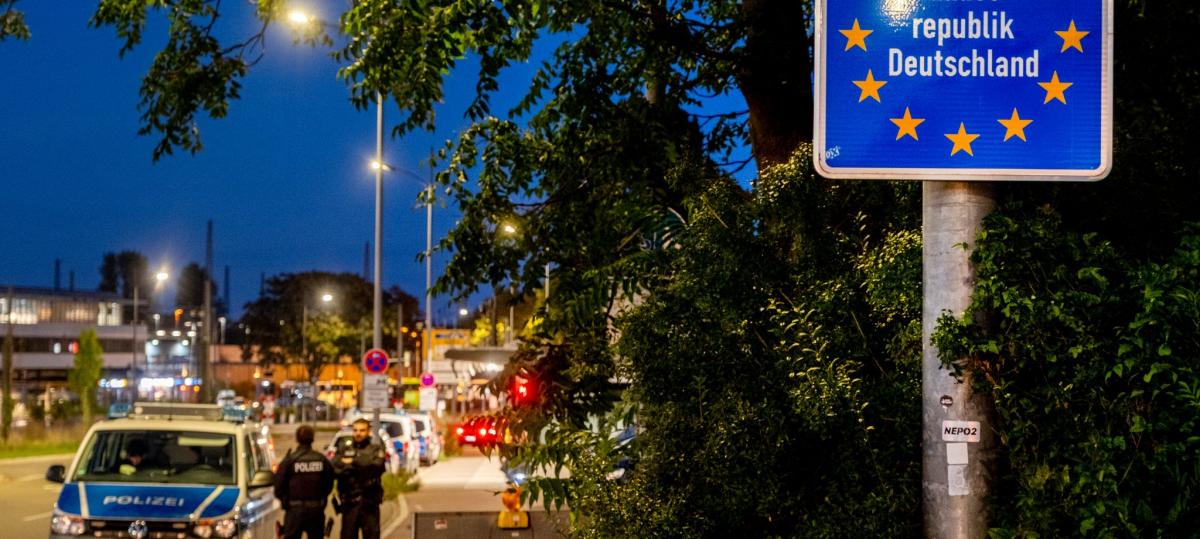Less and less use cash, and yet almost everyone wants to keep it

Contradictory behavior
Contradictory behavior
Less and less use cash, and yet almost all coins and grades want to keep
Hardly anyone wants to abolish cash. Why do fewer and fewer people use in everyday life? Looking for traces with the HSG researcher Tobias Trütsch.
Even those who only pay with their cell phones are usually in favor of a cash abolition.
The double value of the cash
This paradoxical payment behavior – you want to keep something that you use less and less – has recently accentuated, as the latest monitor shows. Accordingly, 70 percent of those surveyed want to keep cash. It looked different three years ago: there the value was 10 percentage points lower.
It seems as if the crises of the past few years with Ukraine war, threatening electricity blackout and the crumbling transatlantic bridge have brought the « double » value of cash again into awareness. A banknote not only corresponds to the printed equivalent, but also has a meaning beyond, for example as a crisis -proof payment.
An explanation for the contradictions mentioned is the practical importance that cash is still enjoying. Even those who only pay by cell phone due to convenience do not want to do without the emergency sizes in their wallets. They appreciate the unique properties of cash: it is accessible to everyone, works without electricity or technology, and nobody can track what you spend on it.
The newly flared response to cash also has to do with the emotional bond with the Franks. War and crises of this volume may have been closely linked again. The traditional cash offers a piece of identity in uncertain times. This cannot escape who likes to pay digitally.
The Swiss National Bank (SNB) ensures that this stays that way. « There is hardly an institution worldwide that, at such short intervals, publishes new banknotes with the highest demands on design and security, » says expert Trütsch. «This ensures that the population has developed a special relationship with their Nötli. It is not uncommon for a certain pride to resonate. »
National Bank attaches great importance to quality
After the last grade of the current series 2019 was circulated, SNB President has Martin Schlegel recently the next generation announced. These grades are to be output in the early 2030s. Schlegel emphasized in the announcement that « that the Swiss population appreciates their cash very much ». Therefore, the National Bank is convinced that it will continue to remain a wide range of payment in the future.
According to Trütsch, according to Trütsch, it also contributed to the positive image of the Franconian that it is the most stable currency worldwide. And finally that it wasn’t that long ago when the wages were still paid in cash. « This still has an effect, especially among older generations. »
As long as the National Bank provides cash and the commercial banks bring it to the people, contradicting payment behavior in the country is not a problem. Even those who never pay in cash can be obtained at any time today. But in the longer term, the trend could have far -reaching consequences. We are talking about a « negative spiral ».
This has less to do with the National Bank than with the commercial banks. While the National Bank has the legal order for cash supply, it is different with banks or the post. They are increasingly being forced to reduce ATMs for economic reasons. According to the payment service provider SIX, the operation of an ATM costs over CHF 30,000 a year. Around 700 reference points have disappeared in the past ten years; There are still 6168 across the country.
Sweden spell back
How quickly a tipping point can be reached was shown in Sweden. There, less than 10 percent of consumers pay their purchases in cash. This has caused the banks to take basic care back, especially in rural areas. The Swedish central bank chief Aino Bunge therefore recently called on taking political measures. « It needs cash so that everyone can pay and are the number of crisis -proof payment, such as in times of war. »
The Swedish central bank, for example, demands that sellers of food, medicinal products or fuels have to accept cash. A popular initiative also wanted to force a general cash acceptance obligation in Switzerland. However, the project failed at the collective stage. On the other hand, the “Cash is freedom” initiative is up for debate. It demands that coins or banknotes are always available in sufficient quantities. In addition, a different currency should be coordinated via a possible replacement of the franc. The Federal Council has drawn up a counter -draft.
«Man is a habit. It takes a lot to change something. It is usually a crisis that moves to rethink, »says Tobias Trütsch. This can be seen in two ways in paying behavior. Coronapandemic showed many consumers that contactless payment is a safe and convenient solution. Shortly afterwards, the shock waves of Putin’s war of aggression, which emphasized the importance of cash again, followed, at least theoretically. But is that enough to stop the creeping decline of cash? Last but not least, this depends on whether the consumers are more in cash again in everyday life – or whether they leave it in the surveys with well -meaning statements.








